Marshall and Stan answer questions about networking, cross training, royalties, breaking rules to create a unique art style, going all in vs having a backup, and studying multiple things at once. Also, Marshall gives advice on how to ask good questions!
Timecodes
7:55 - What do you think of David Ross’s Book on Figure Drawing?
8:18 - How do you network while you’re training online?
12:47 - Do you charge for book covers? Do you receive royalties on sales of the book? How do you price digital artwork?
21:11 - Is it better to become specialized or cross train multiple subjects?
30:38 - Is it essential to violate compositional rules to create a unique style?
34:40 - How to ask better questions
38:35 - The Abstraction Ladder
44:22 - Is it better to go all in on my passion or get a degree in a backup career that is safer to make money?
51:09 - Should I study one thing at a time, or multiple things at once?
References and books
(some contain affiliate links)
SI Hayakawa - Language in thought and action
Referenced Artists:
William Rimmer


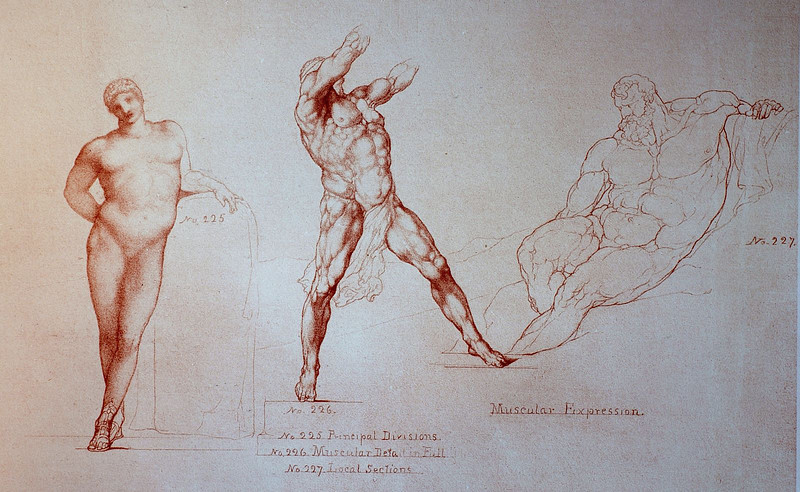
George B. Bridgman
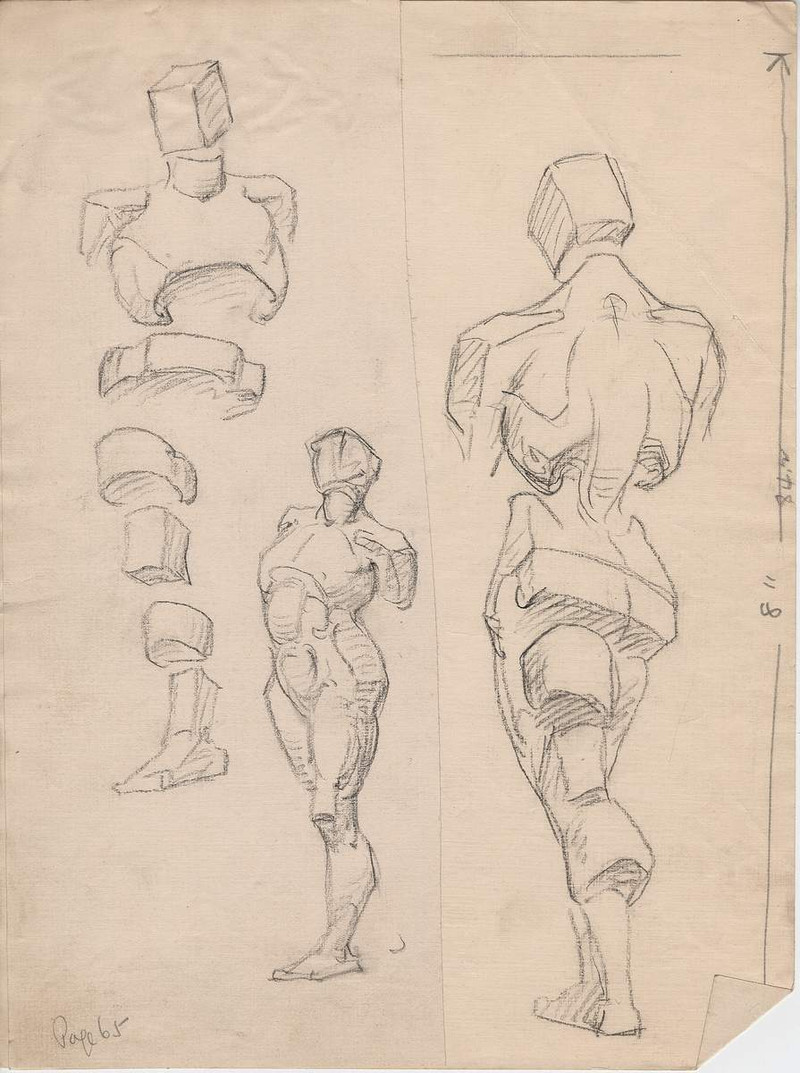

Paul Richer
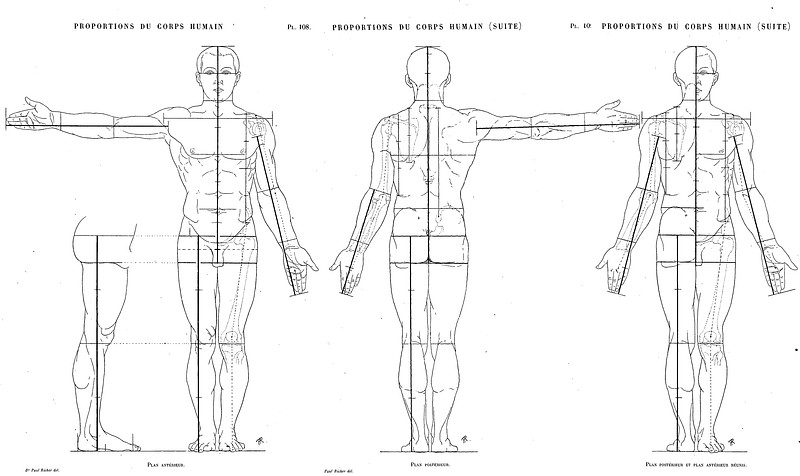
Brian Reedy
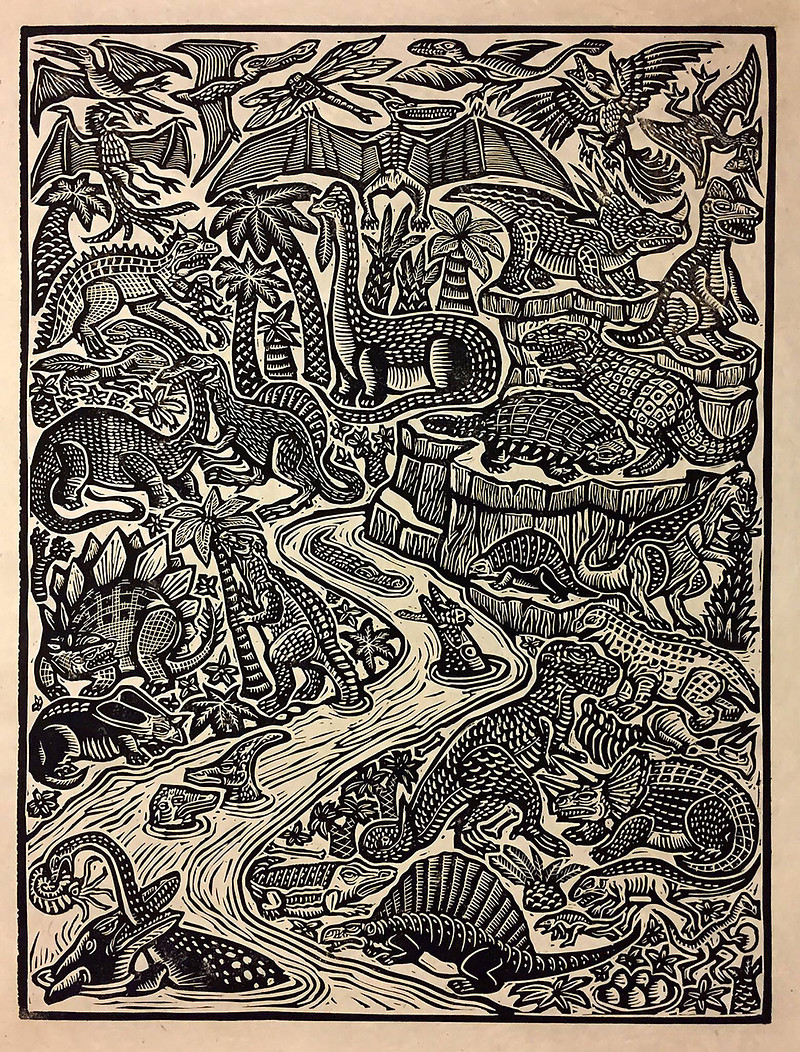
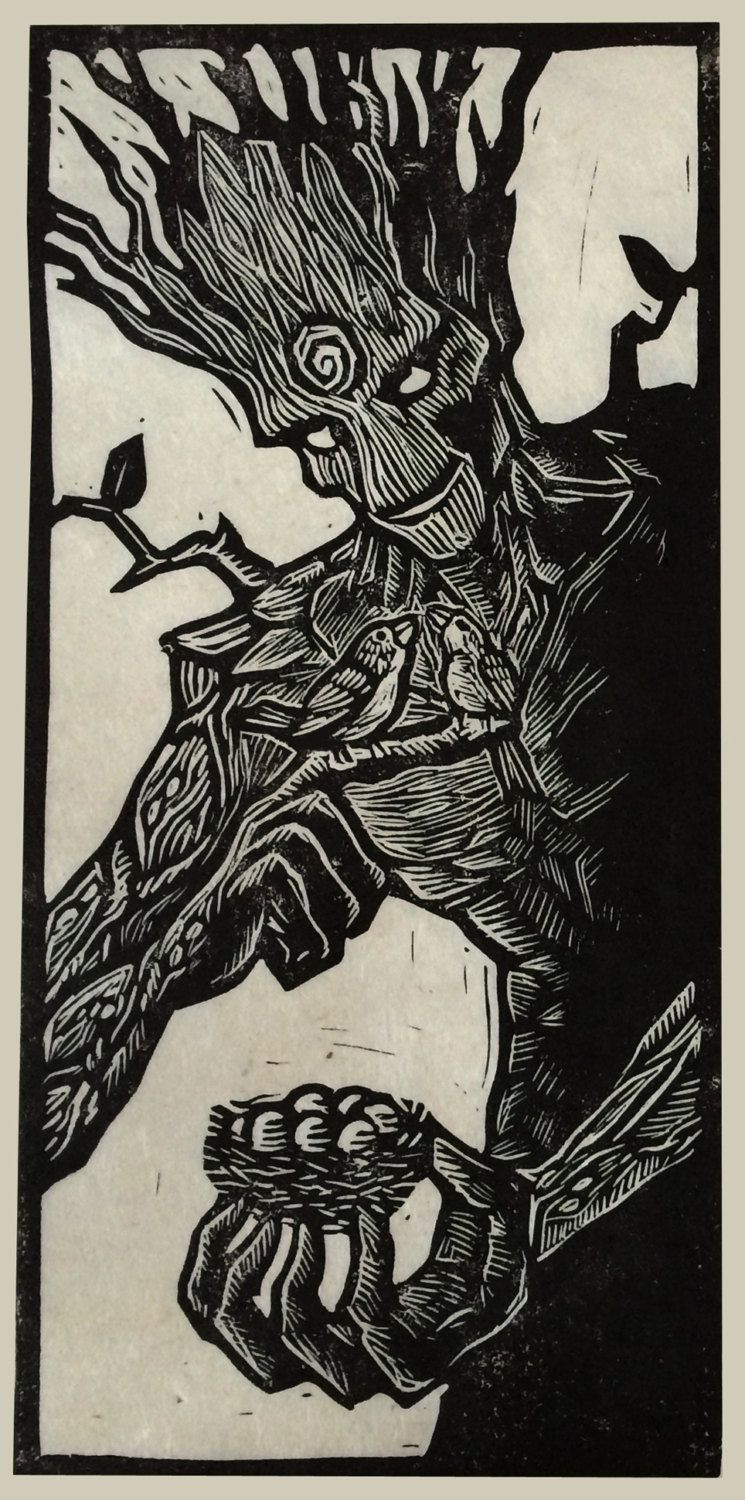
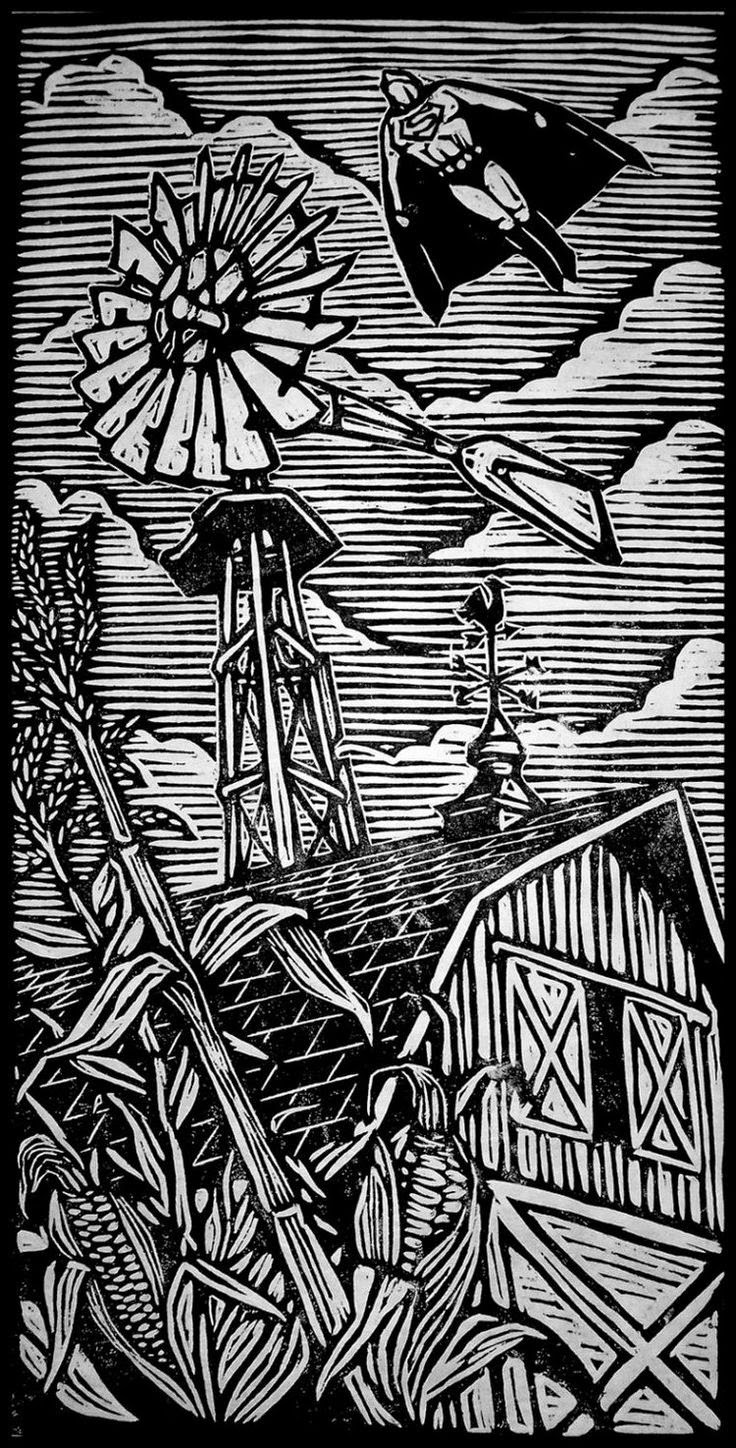
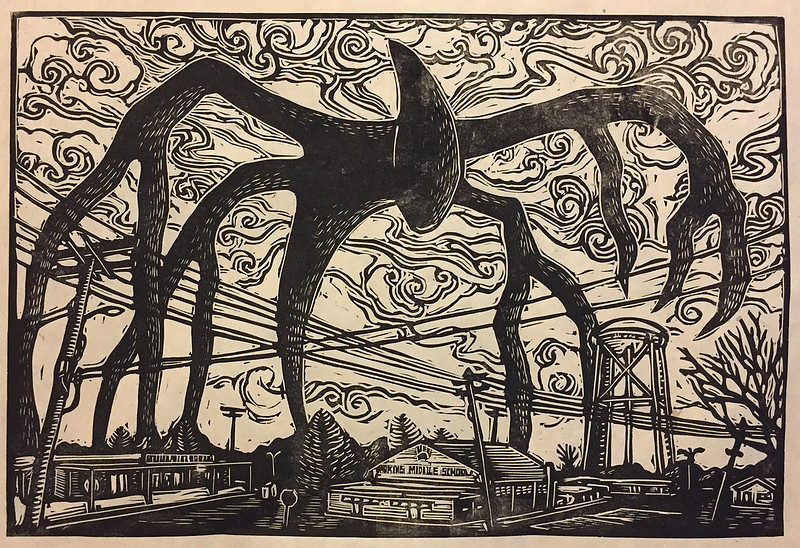
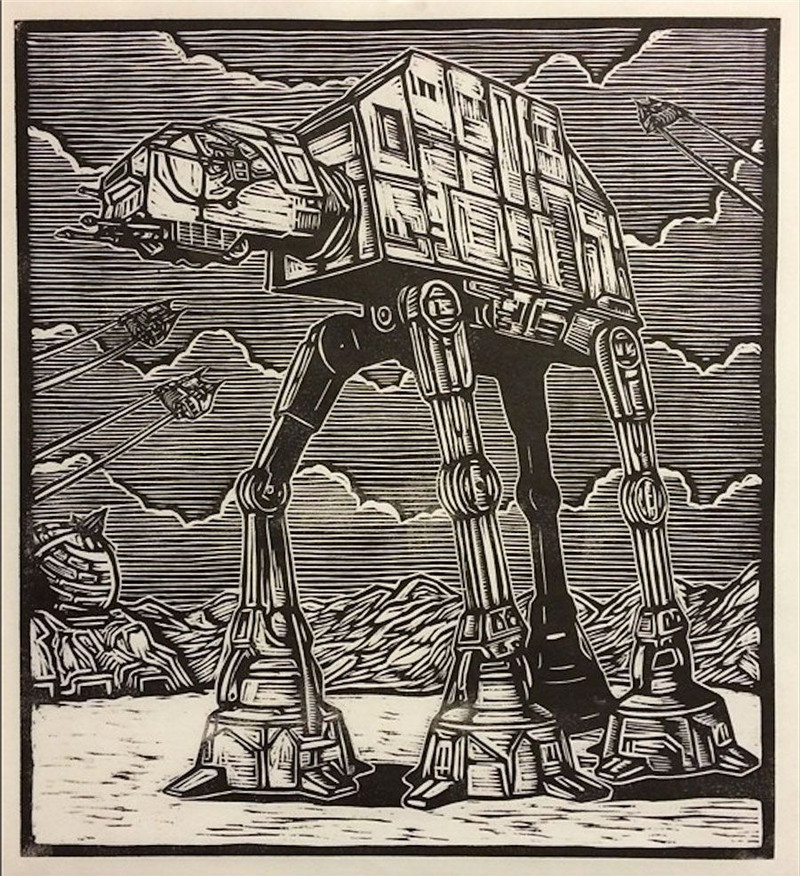
Albrecht Durer

Vincent van Gogh


Peter Paul Rubens

Norman Rockwell
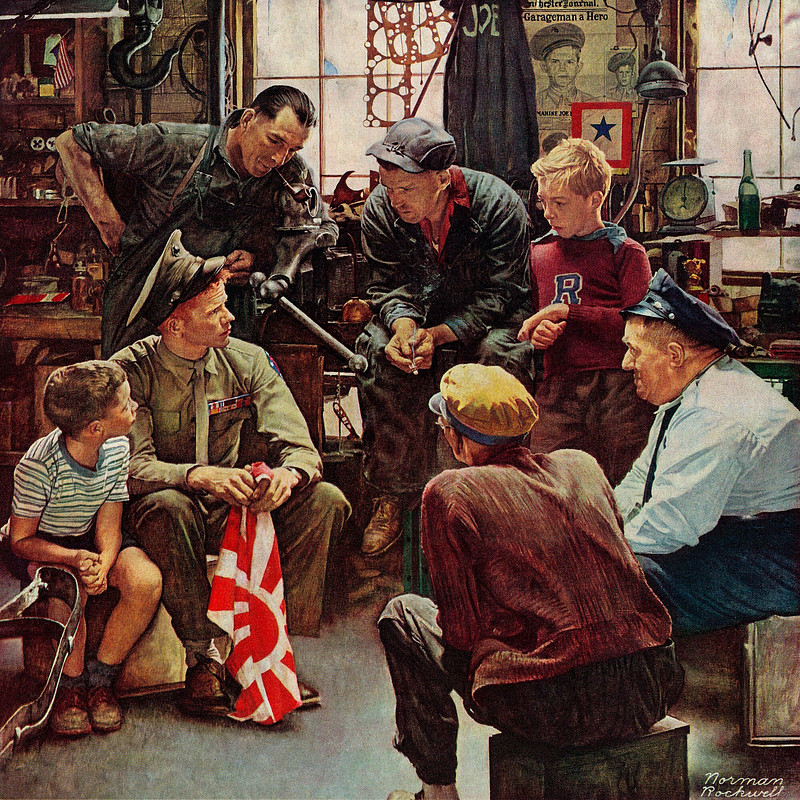
Edward Hopper
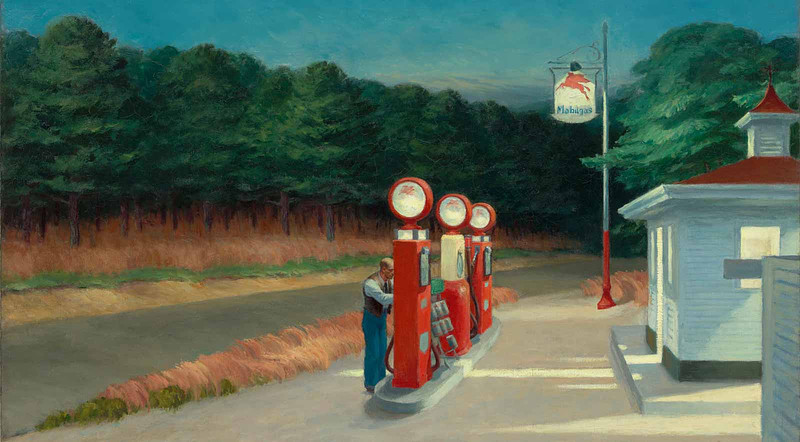

Leonardo Da Vinci








































